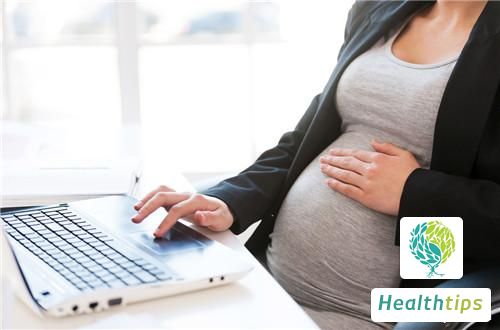Pregnancy late-stage walking with a hard stomach is usually caused by false contractions. Most pregnant women experience false contractions in the late stage, which generally last for a short time and are irregular, without any pain. The intervals between contractions are relatively long, and sometimes only occur once or twice a day. If the contractions do not intensify, no treatment is generally required. However, if they gradually increase in intensity and frequency, accompanied by lower back pain, it may be a sign of labor, and medical attention should be sought promptly.

1. In the late stage of pregnancy, some pregnant women may experience tightness and hardness in their stomachs while walking. Actually, after pregnancy, uterine contractions begin to appear in the early stage, which are beneficial to the development of the fetus and are a normal physiological phenomenon.
2. Initially, the intervals between these contractions are relatively long, occurring occasionally 1-2 times a day, and the intensity is relatively weak. In the early stages, pregnant women may not even feel them significantly. As the pregnancy progresses, the fetus grows larger, and the uterine tension also increases. Occasionally, when the fetus moves, it kicks against the mother's uterine wall, causing reflexive contractions and hardness. This may also occur when walking hurriedly or with a large stride.
3. If the frequency of tight and hard stomach contractions becomes regular, it should be noted. If there are other symptoms such as slight vaginal bleeding, pain, or fluid discharge, prompt medical attention should be sought to allow doctors to determine if there is a risk of preterm labor. In such cases, cervical shortening and dilation may occur. Clinically, fetal fibronectin tests can be used to assess the risk of preterm labor.

